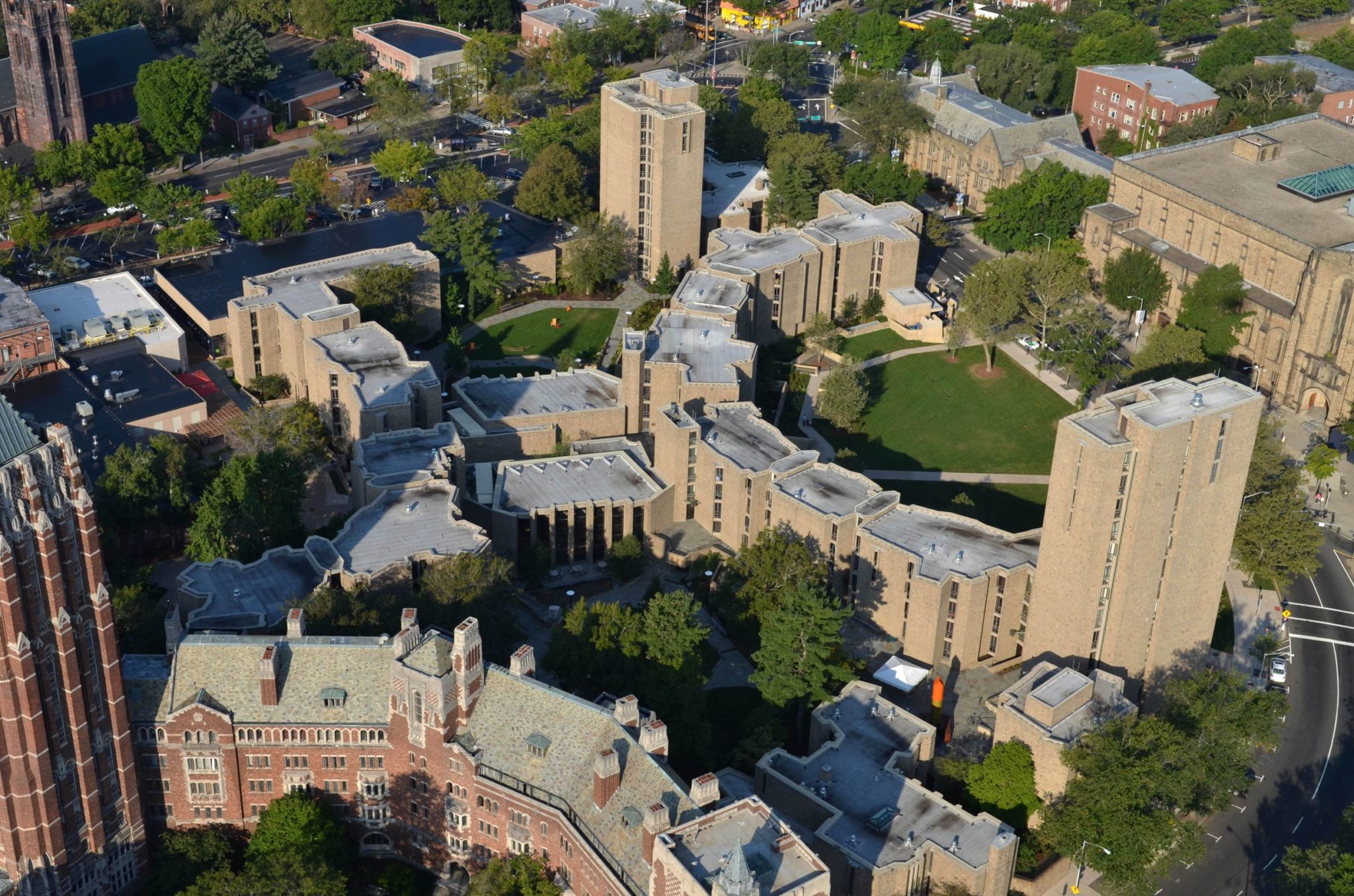
Courtesy of Michael Marsland
Yale has declined over $6 million in federal aid, even as the University’s budget contracts under the weight of an economic recession.
The United States Department of Education announced on April 9 that the federal government would allocate funding to institutions of higher education in order to provide grants to students. The DOE decided the total amount allocated to each institution based on internal formulas, but as long as universities dedicated at least half of the total grant money to students, schools had the autonomy to decide how to use the rest of the money. While DOE data shows that Yale could have received $6,851,139, the University has chosen to refuse these funds.
“Though Yale is experiencing great budgetary pressure as a result of the pandemic, the university has decided not to seek these emergency funds,” an April 23 press release reads. “Instead, we hope that the Department of Education will use Yale’s portion of the funding to support colleges and universities in Connecticut whose continued existence is threatened by the current crisis.”
The federal government set aside $14 billion for higher education as part of the two trillion dollar aid package signed into law on March 27. Yale’s refusal of its share of the funds came days after President Donald Trump and others criticized Harvard University for the $8.7 million it would receive against its $40.9 billion endowment. Trump and other prominent Republicans attacked Harvard on social media, saying that the money allocated to Harvard should go to schools with fewer resources.
“This is ridiculous. Taxpayer relief funds should go to those in real need. Harvard University has a $41bn endowment—the largest in the world,” Sen. Ted Cruz tweeted on Sunday. “Put another way, Harvard’s endowment is $13mm per student, or $171mm per faculty member.”
Since the initial criticism, Harvard has pledged not to take advantage of these new federal funds. When asked if Yale took action in response to the backlash faced by Harvard, Vice President for Communications Nate Nickerson told the News that the University made its decision for reasons outlined in the press release, such as the admission that the money should be directed toward other Connecticut institutions instead.
Relative to other institutions, the grants slated for the Ivy League were comparatively small — for example, the federal government allotted $63.5 million to Arizona State University while awarding $12.8 million to Columbia University.
Yale also added in its press release that its refusal of federal aid will not mean a decrease in financial assistance to students “at this critical time.”
In interviews with the News, students expressed differing views and shared similar concerns with the University’s decision to decline the federal grant.
“Yale’s decision not to receive funds from the federal government under the CARE Act is fraught,” Reilly Johnson ’22 told the News. “Under the provisions of the Act, at least 50% of the grant money would have to go to meeting the basic needs of undergraduate students, which includes covering ‘expenses such as food, housing, technology, child care and health care’ according to Secretary of Education Betsy DeVos. That Yale, an institution with a $30 billion endowment, has declined the CARES Act funding means that it must commit to covering these needs of students itself.”
Johnson explained that “buying flights and paying the last month or so of students’ on-campus job wages” is insufficient on the University’s end. She believes that by declining the federal grant, Yale has made itself “directly responsible” for meeting the needs of students, at least by matching the $6.8 million it would have received.
Unlike Johnson, Ayanle Nur ’23 told the News that he believes Yale made the right decision in declining the grant, pointing to its sizable endowment, “hands in Puerto Rican debt” and the taxes it “avoids paying” in New Haven.
“That’s hundreds of millions of dollars each year that Yale has refused to pay,” Nur said. “To think even for a second that Yale should accept more money from the government is truly ridiculous. Yale has profited at the expense of others for far too long. Yale can and should be doing more during this crisis.”
Christian Robles ’23 also supports Yale’s decision to decline money from the CARES Act. He believes Yale’s “already bloated” endowment provides “sufficient” funding to help students weather the crisis. Robles also thinks there are higher-education institutions in the state and country that are “in more dire need” of the aid.
The Coronavirus Aid, Relief, and Economic Security Act was signed into law by President Trump on March 27.
Larissa Jimenez | larissa.jimenez@yale.edu
Valerie Pavilonis | valerie.pavilonis@yale.edu







